In 2023, more days of extremely high temperatures were recorded than at any time since records began, the European climate change service Copernicus and the World Meteorological Organization (WMO) wrote in a joint report published on Monday.
The records go back to 1940 and sometimes even further.
“2023 has been a complex and multifaceted year in terms of climate hazards in Europe,” said Copernicus Climate Change Service (C3S) Director Carlo Buontempo. “We have witnessed widespread flooding, but also extreme forest fires with high temperatures and severe droughts.”
These events have put a strain on natural ecosystems, and have also challenged agriculture, water management and public health.
According to the report, around 1.6 million people were affected by floods last year, and more than half a million people were affected by storms. The weather- and climate-related damage is estimated at well over 10 billion euros. “Unfortunately, these numbers are unlikely to decrease in the near future,” Buontempo said, referring to ongoing human-caused climate change.
Heat turns deadly, even in Germany
Averaged across Europe, 11 months of above-average warmth were recorded last year, with September being the warmest since records began in 1940.
A record number of days with so-called extreme heat stress, i.e. perceived temperatures of over 46C, was also registered.
As a result of higher temperatures, the number of heat-related deaths has risen by an average of 30 percent over the past 20 years.
According to the Robert Koch Institute, at least 3,100 deaths in Germany were linked to heat in the first nine months of 2023.
“In some cases, for example heat stroke, heat exposure leads directly to death, while in most cases it is the combination of heat exposure and pre-existing conditions that leads to death,” RKI explained in a statement, adding that women tend to be affected more than men due to higher proportion of women in older age groups.
In Germany temperatures above 30C are considered a heatwave. As weather patterns change due to human-caused climate change, heat waves have increased in number and length.
READ ALSO: How German cities are adapting to rising temperatures
Historically Germany hasn’t faced so many severe heatwaves each year, and central air conditioning is not commonly found in the country. In cities across the Bundesrepublik, heat plans are being drafted and refined to try and prepare for further extreme heat events in the near future.
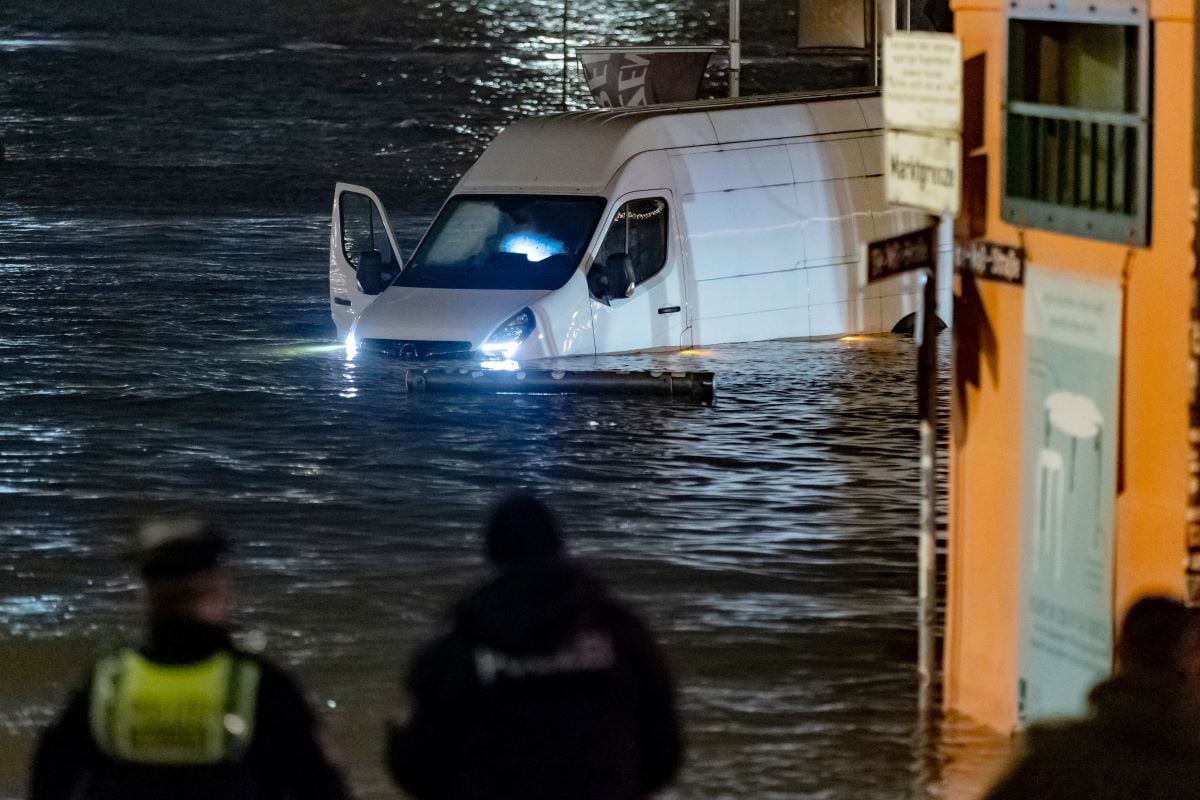
Warming oceans and mountains and more rain
On average, the seas around Europe’s coasts were warmer than at any time since at least 1980.
READ ALSO: Colder winters and refugees – How changing ocean currents could impact Germany
It was also much too warm on the glaciers in 2023. “After the record ice loss in 2022, it was another exceptional year of loss in the Alps,” Copernicus and WMO wrote. In these two years, the glaciers in the Alps lost around 10 percent of their volume.
Interestingly, the excess meltwater may be boosting hydroelectricity production in the short term. According to the report, conditions for the production of green electricity in 2023 were very favourable, with its share of the total electricity mix at 43 percent, the highest seen so far.
Overall, seven percent more rain fell last year than average. It was one of the wettest years on record, the report said.
In one third of the river network in Europe, water volumes have been recorded that exceeded the flood threshold. There were severe floods in Italy and Greece, among other places, and parts of northern Germany were affected at the end of the year.
Hamburg and the northern state of Schleswig-Holstein were among regions hardest hit by floods in Germany last year. Northern sections of the Elbe river rose high enough to submerge Hamburg’s fish market several times among other places.
READ ALSO: Germany hit by floods as October heat turns into icy spell
2024 likely to continue breaking heat records
The recent report by Copernicus and the World Meteorological Organization is in agreement with a UN report published last month, which noted that last year came at the end of “the warmest 10-year period on record” according to the World Meteorological Organisation (WMO).
“There is a high probability that 2024 will again break the record of 2023”, WMO climate monitoring chief Omar Baddour said, according to Science Alert.
Another year of record breaking high temperatures means Germany can likely expect more and longer heatwaves in the late spring, summer and early autumn seasons. Higher average temperatures are also correlated with an increase in extreme weather events like extreme storms and floods in parts of the country.
In drier parts of Europe it means an increase in droughts and wildfires.
With reporting by DPA.

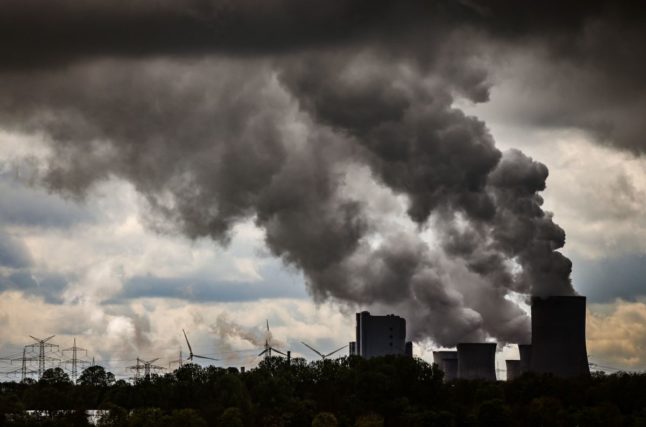
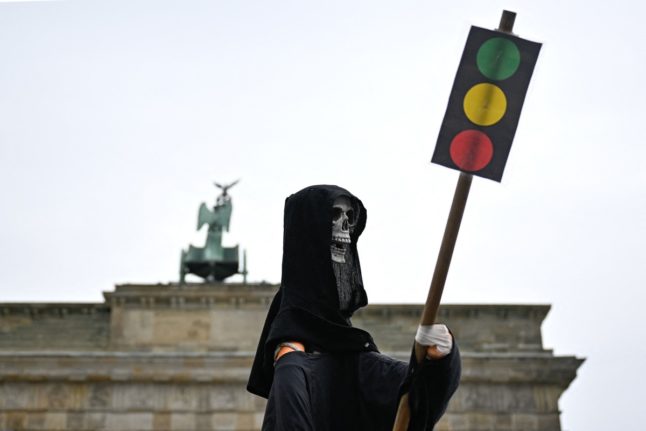
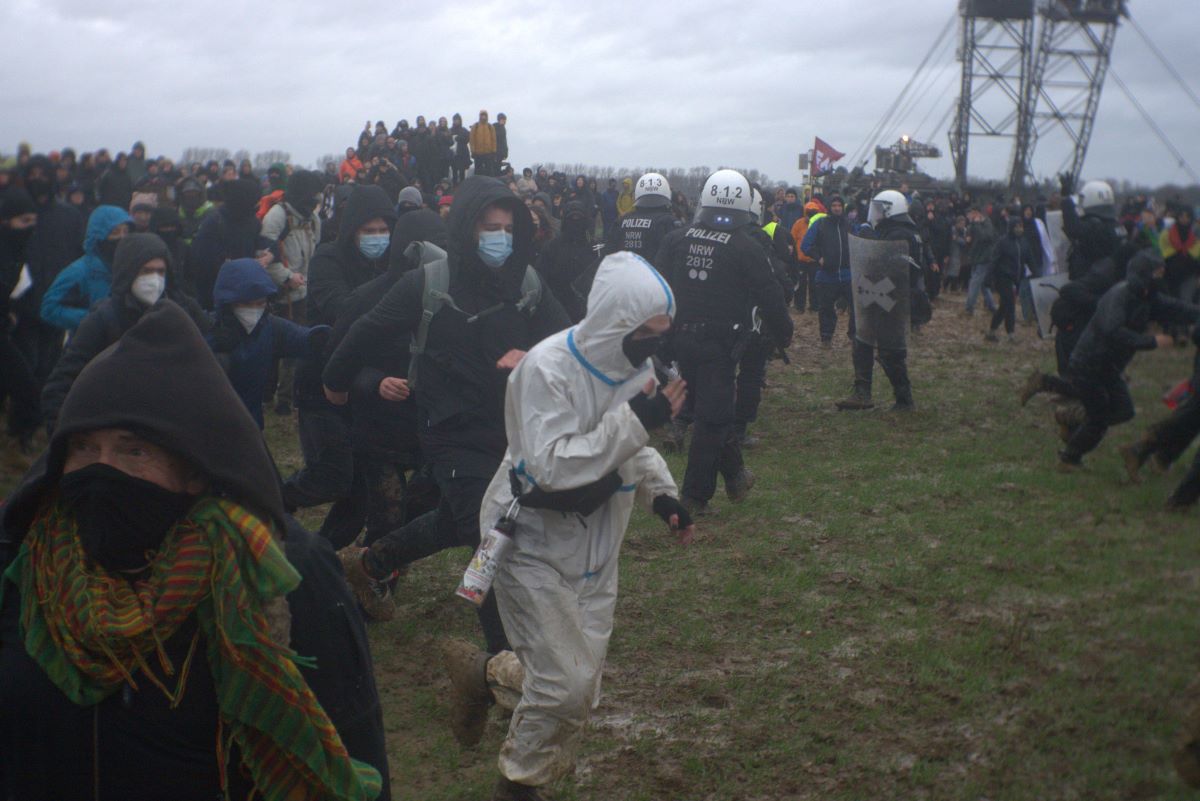
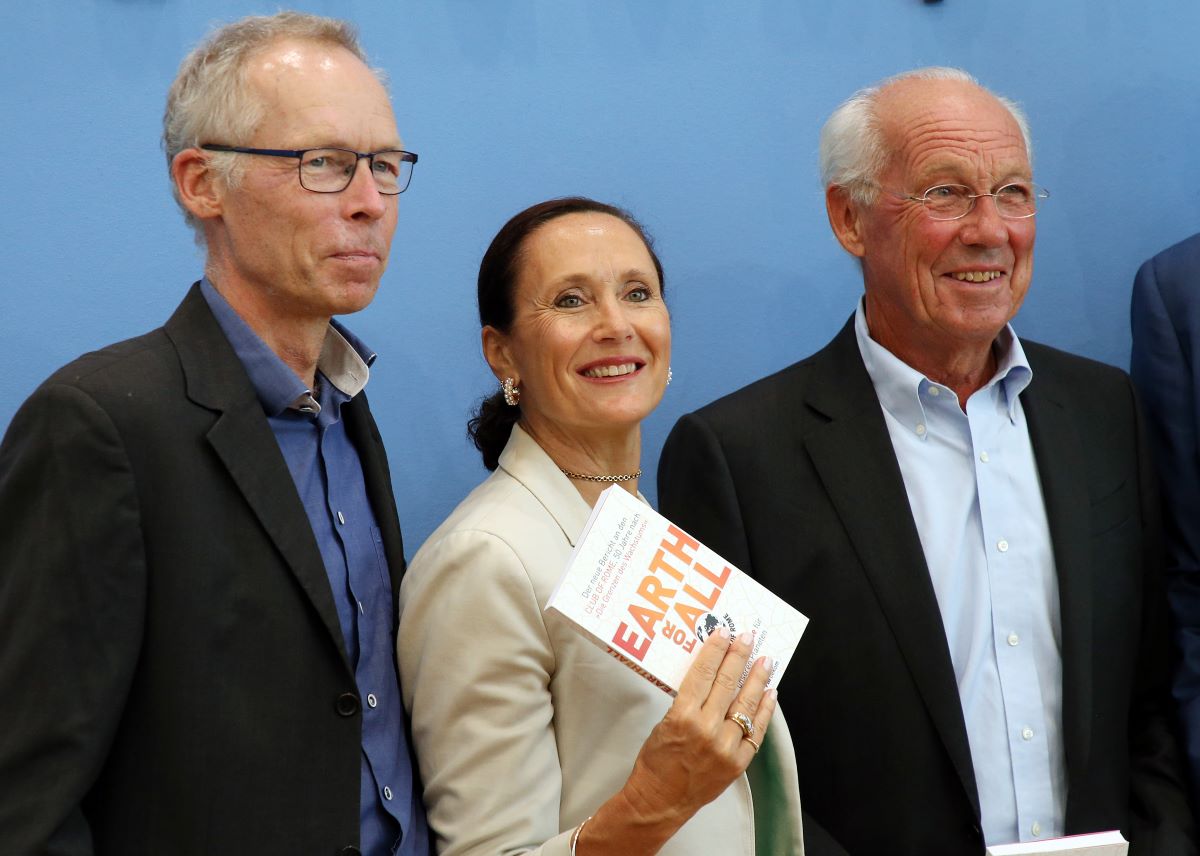
 Please whitelist us to continue reading.
Please whitelist us to continue reading.
Member comments